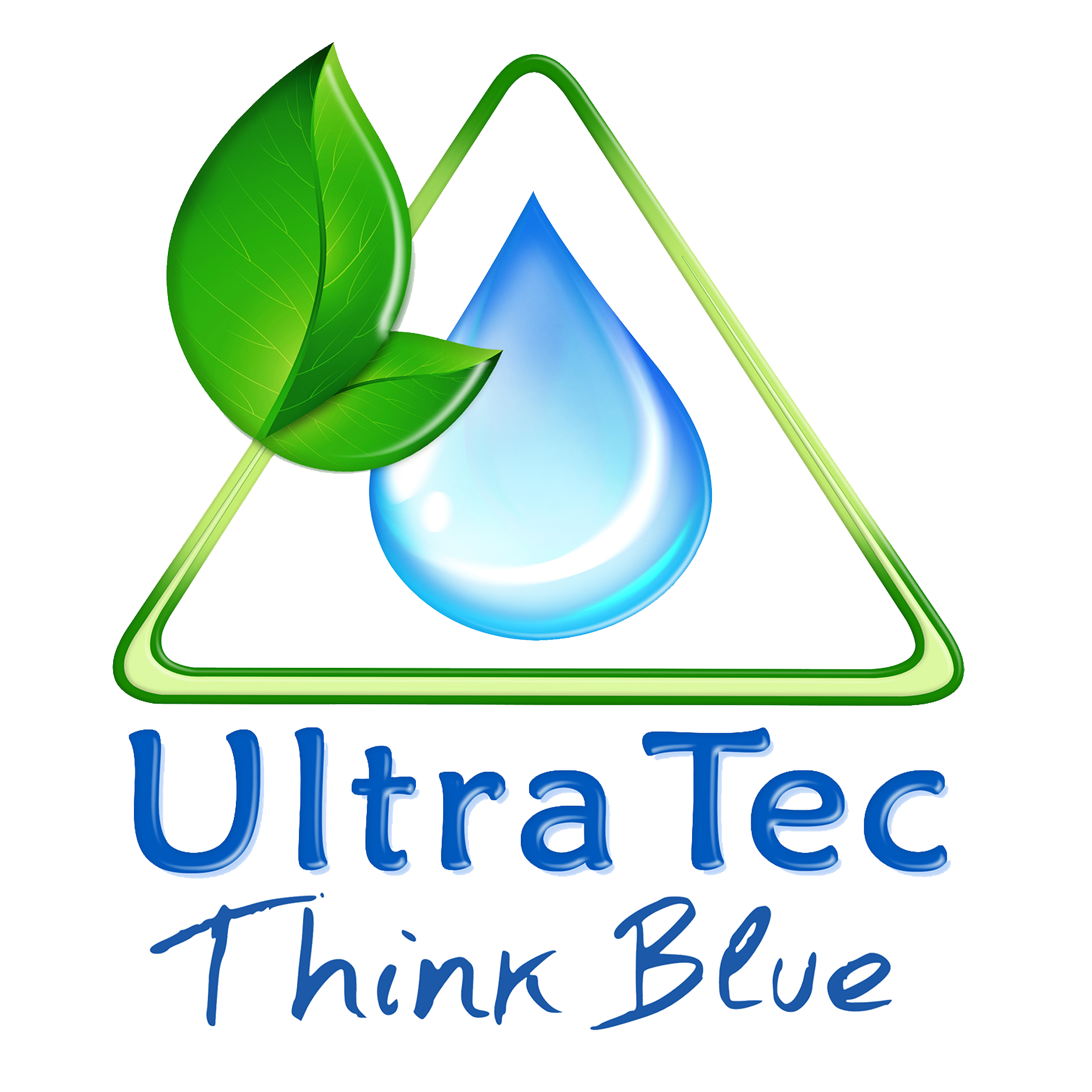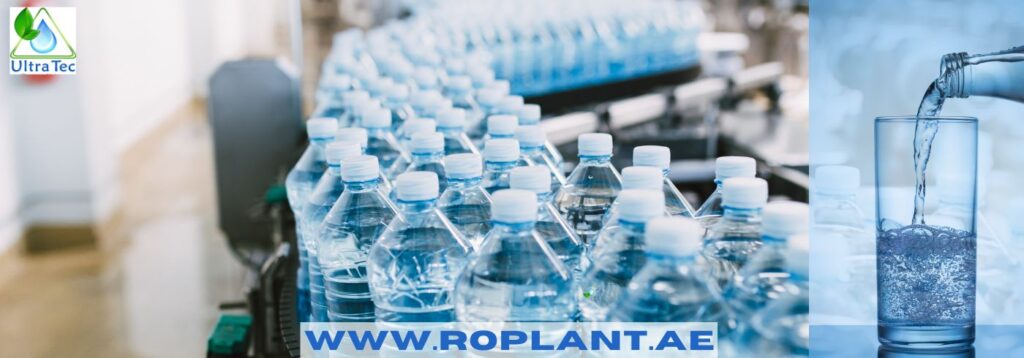Introduction
The demand for clean and purified mineral water is rising in today’s health-conscious world. This has increased the popularity of mineral water RO Plant bottling, ensuring people access to safe and high-quality drinking water. Industrial reverse osmosis (RO) plants have become essential to meet this demand efficiently and effectively. When choosing one, we will explore the importance of industrial RO plants for mineral water bottling and delve into their working, components, maintenance, and factors.
Understanding Industrial RO Plants Mineral Water
Industrial RO plants are sophisticated water purification systems that utilize the principle of reverse osmosis to remove impurities and contaminants from water. These plants employ a semipermeable membrane that selectively filters out dissolved solids, chemicals, bacteria, and other harmful substances, leaving behind clean and pure water. The water treated by industrial RO plants is suitable for drinking and ideal for various industries like food and beverage, pharmaceuticals, and more.
Benefits of Industrial RO Plants for Mineral Water Bottling
Industrial RO plant water treatment company UAE offer several advantages when it comes to mineral water bottling:
- Purity: The advanced filtration process of industrial RO plants ensures the removal of even the smallest particles and impurities, resulting in water that meets stringent purity standards.
- Consistency: Using an industrial RO plant, bottlers can achieve consistent water quality and taste, ensuring customer satisfaction and brand loyalty.
- Cost-effective: Industrial RO plant provide a cost-effective solution for large-scale mineral water bottling operations. They reduce the need for purchasing pre-packaged water and enable businesses to produce their purified water in-house.
- Sustainability: With concerns about the rising environmental impact, industrial RO plants contribute to sustainability efforts by minimizing plastic waste from single-use water bottles.
- Customization: Industrial RO plant can be tailored to meet specific water quality requirements, allowing bottlers to optimize the purification process based on their unique needs.
Key Components of an Industrial RO Plant
An industrial RO plant consists of various components that work together to ensure efficient water purification:
- Pre-Filtration System: This involves removing large particles, sediments, and suspended solids through sand or multimedia filters.
- High-Pressure Pump: The high-pressure pump is responsible for pushing water through the semipermeable membrane, allowing the separation of impurities from the water.
- Semipermeable Membrane: This critical component selectively allows water molecules to pass through while blocking dissolved solids, bacteria, and contaminants.
- Post-Filtration System: After passing through the membrane, the water goes through post-filters such as activated carbon filters, further refining. The water quality and removing any remaining odors or tastes.
- Storage Tanks: The pure water is stowed in tanks, ready for mineral water bottling or other purposes.
Process of Mineral Water Bottling Using an Industrial RO Plant
The process of bottling mineral water using an industrial RO plant water treatment UAE company involves the following steps:
- Water Intake and Pre-Treatment: Raw water from a reliable source is collected and pre-treated to remove large impurities and sediments.
- RO Filtration: The pre-treated water is then passed through the industrial RO plant. Where impurities and contaminants are removed, leaving behind purified water.
- Disinfection and UV Treatment: To ensure the water’s microbiological safety, it undergoes disinfection and ultraviolet (UV) treatment, eliminating any remaining bacteria or viruses.
- Storage and Distribution: The purified and treated water is stored in sterilized tanks and then distributed to the bottling facility for packaging into bottles or containers.
- Quality Control: Throughout the process, stringent quality control measures ensure that the mineral water satisfies regulatory criteria and is secure for consumption.
Maintenance and Care of Industrial RO Plants
Regular maintenance and care are essential to ensure optimal performance and longevity of an industrial RO Plant. This includes:
- Cleaning and Sanitization: Regular cleaning and sanitization of the system, including the filters, membranes, and tanks. To prevent the buildup of contaminants and ensure efficient operation.
- Replacement of Components: Periodically replacing worn-out components, such as filters and membranes, to maintain the system’s effectiveness.
- Monitoring and Testing: Regularly monitoring water quality, pressure levels, and system performance through testing and analysis to identify potential issues or deviations.
- Professional Servicing: Engaging professional technicians for periodic servicing and troubleshooting to address any complex maintenance requirements.
Factors to Consider when Choosing an Industrial RO Plant
When selecting an industrial RO plant for mineral water bottling, the following factors should be considered:
- Capacity: Assessing the required production capacity to ensure the chosen RO plant can meet the demand efficiently.
- Water Quality: Determining the quality of the source water and selecting. An RO plant that can effectively treat it to the desired purity level.
- Space Availability: When considering the available space for installation of the RO plant. It is important to ensure that it does not hinder operations.
- Energy Efficiency: Opting for an energy-efficient RO plant to reduce operational costs and minimize environmental impact.
- Maintenance and Support: Choosing a supplier with reliable after-sales support, maintenance services, and available spare parts.
Conclusion
Industrial RO plants are vital in the mineral water bottling industry, ensuring safe, pure, and high-quality drinking water production. With their advanced filtration technology and customization features, these plants offer numerous benefits. A such as consistent water quality, cost-effectiveness, and sustainability. By understanding the key components, processes, maintenance requirements, and factors to consider. When choosing an industrial RO plant water purification , bottlers can make informed decisions to meet the growing demand for mineral water efficiently and reliably.

